Fran Swanson is a student at Harvard Law School.
Approximately 100 Starbucks employees at three, Buffalo-area stores will be mailed ballots by the NLRB on Wednesday. Ahead of the vote, which will occur over the course of four weeks, Bloomberg reports that the company has stepped up its aggressive anti-union campaign, bringing in founder and former CEO Howard Schultz to speak to employees. In a move that was illustrative of the difficulties that organizing campaigns face, Buffalo-area stores closed for the occasion and employees were paid to attend. It followed a complaint filed against Starbucks last week by SEIU-affiliate Workers United, alleging that Starbucks has illegally “engage[d] in a campaign of threats, intimidation, [and] surveillance.” Schultz left the event when asked by employee Gianna Reeve whether he would support fair principles proposed by pro-union employees to guide the company’s behavior during the election. The unionization vote will occur on a store-by-store basis, rather than a regional vote (20 stores) favored by the company. Ballots will be counted on December 9th. While Starbucks has “cultivated a progressive brand,” Schultz has long been a vocal opponent of unionization. Employees who favor unionization argue that experienced staff are underpaid, employees aren’t scheduled for enough hours, and that—without a union—employees don’t have the security to speak up about customer harassment or unsafe conditions, a need highlighted by the pandemic.
An investigative piece by the New Yorker’s Sarah Stillman reveals the dangers and exploitation faced by the migrant workers who follow climate disasters. Climate change means business is booming for large, disaster-recovery firms, which rely largely on an immigrant workforce to move to disaster zones and perform dangerous, difficult work with little protection. Stillman found “more than two thousand credible claims of harm to workers, including instances of fatal or injurious working conditions, stolen wages, assaults, and labor trafficking.” Many workers rely on their employer for housing and food in each new, disaster-stricken location and undocumented workers are threatened with deportation when they advocate for basic safety measures or the pay they are owed. Those who moved to the United States for the promise of this work were often required to pay thousands of dollars to labor brokers. As Daniel Castellanos, who slept in a rat-filled basement to do post-Katrina cleanup work explained, “[w]e mortgaged our homes, sold property, and plunged our families into debt to pay fees.” Workers, aided by the organization Resilience Force, have been teaching one another how to document job-site abuses and have even taken companies to court, though that has been made more difficult by the franchise structure of some of the companies. Experts say that greater federal protections are needed, such as protection from deportation for whistleblowers and a better-funded OSHA to inspect temporary, disaster-zone job sites.
Finally, the New York Times highlighted the rise of the labor beat in legacy and digital media across the country. Labor reporters interviewed for the piece highlighted several explanations, including the tight labor market that has given workers more leverage and the labor movement in newsrooms themselves. Freelance journalist Kim Kelly suggested that, “[a]n entire generation of journalists has been turned into labor activists.” While some who have long-covered labor issues note reporters unfamiliar with the area can misstate legal issues or lack the context to capture the intricacies of contract negotiations, Association of Flight Attendants president Sara Nelson said that the wave of coverage was crucial to the worker morale necessary to sustain strikes and the public pressure required to make those strikes successful.
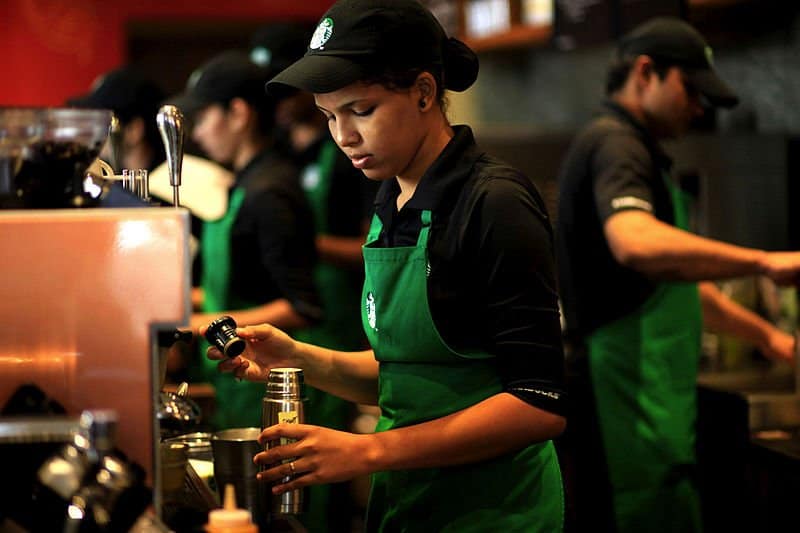
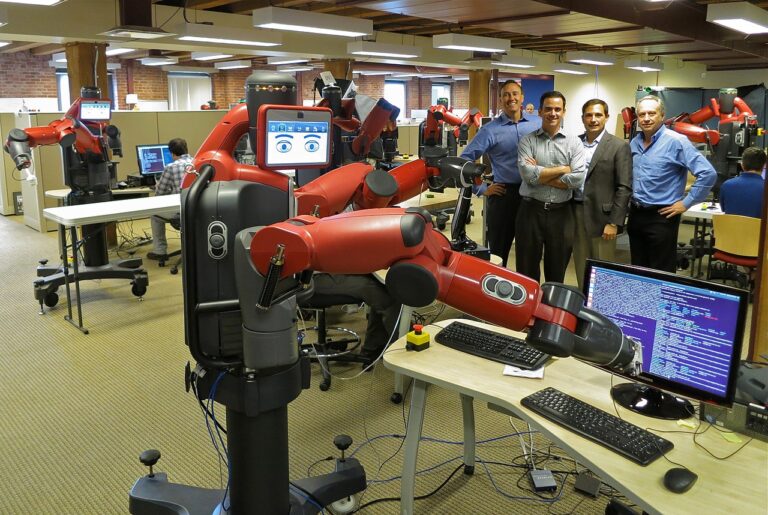
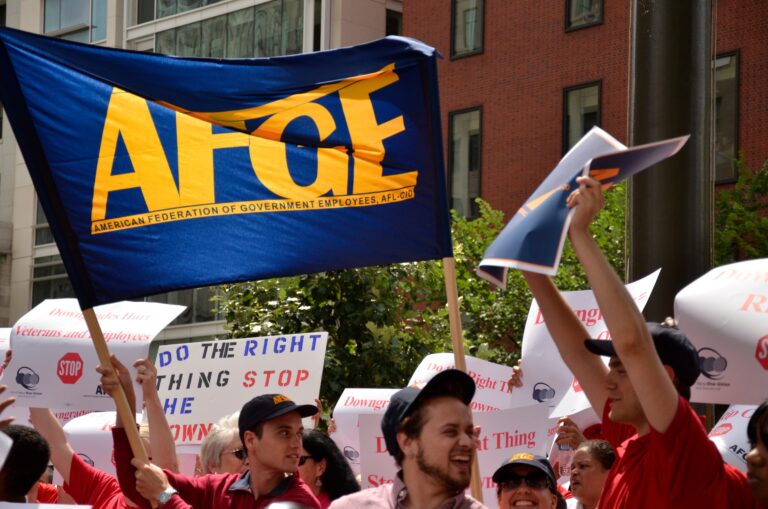
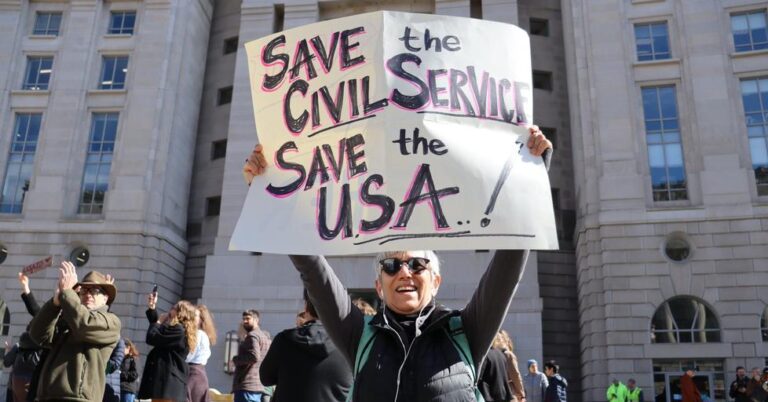
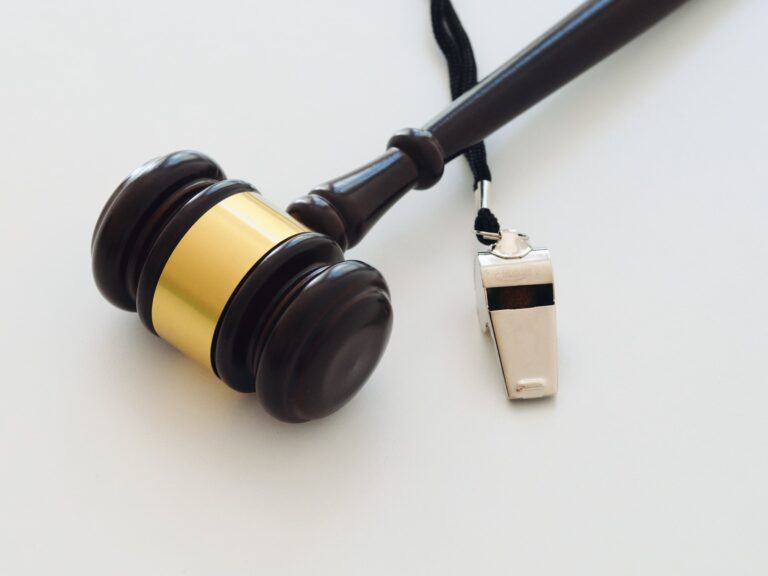

Daily News & Commentary
Start your day with our roundup of the latest labor developments. See all
December 5
Netflix set to acquire Warner Bros., Gen Z men are the most pro-union generation in history, and lawmakers introduce the “No Robot Bosses Act.”
December 4
Unionized journalists win arbitration concerning AI, Starbucks challenges two NLRB rulings in the Fifth Circuit, and Philadelphia transit workers resume contract negotiations.
December 3
The Trump administration seeks to appeal a federal judge’s order that protects the CBAs of employees within the federal workforce; the U.S. Department of Labor launches an initiative to investigate violations of the H-1B visa program; and a union files a petition to form a bargaining unit for employees at the Met.
December 2
Fourth Circuit rejects broad reading of NLRA’s managerial exception; OPM cancels reduced tuition program for federal employees; Starbucks will pay $39 million for violating New York City’s Fair Workweek law; Mamdani and Sanders join striking baristas outside a Brooklyn Starbucks.
December 1
California farmworkers defend state labor law, cities consider requiring companies to hire delivery drivers, Supreme Court takes FAA last-mile drivers case.
November 30
In today’s news and commentary, the MSPB issues its first precedential ruling since regaining a quorum; Amazon workers lead strikes and demonstrations in multiple countries; and Starbucks workers expand their indefinite strike to additional locations. Last week, the Merit Systems Protection Board (MSPB) released its first precedential decision in eight months. The MSPB had been […]